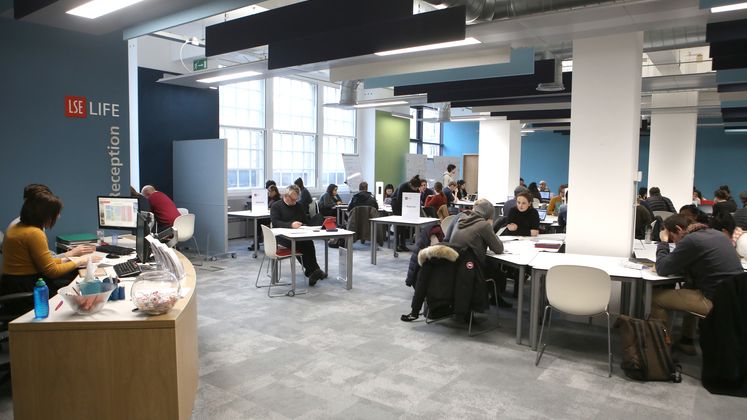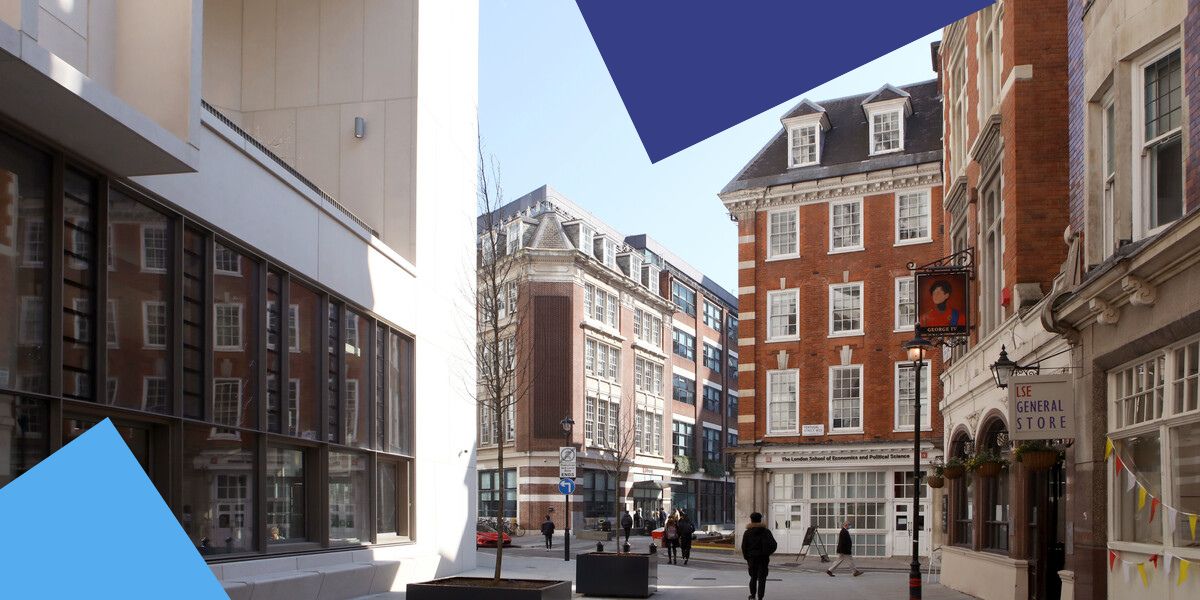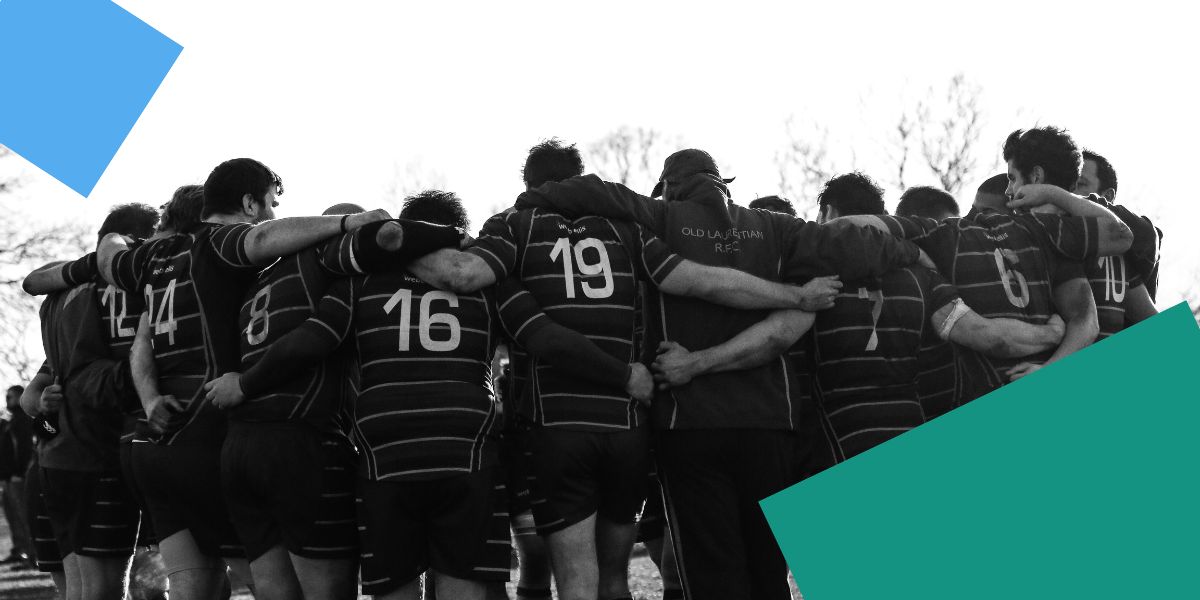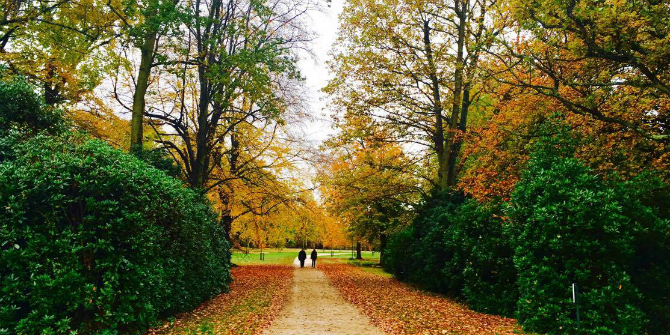As a second year PhD student at LSE, I left high school and started university seven years ago now (wow, that is weird to type!). That both is and isn’t awhile ago, and in some ways, important things have changed since I was a university student. However, as a class teacher teaching first year undergraduates, I’m reminded of how the big transition from high school to university is timeless in so many ways, with generation after generation of students facing the same challenges. While no students have faced something quite like COVID-19 before, I wanted to share some tips for things I’ve noticed from teaching new students that might make transitioning to undergraduate life a bit easier.
Don’t Underestimate Undergraduate Academic Life
This might sound self-explanatory, and for many students, it probably is, but being an undergraduate is very different from being in high school. The way you learn is different. The courses are different. The amount of work is different. How you study is different. I could go on, but I think you get the point. The problem though is that for many students who had an easier time in high school, they think university is going to be similar, and therefore they underestimate it. You can’t let that happen, and I’m speaking from experience. I didn’t work as hard as I should have my first year, and it showed. I thought I could more or less coast on my previous knowledge, and that miserably failed. In other words, don’t do what I did and learn the hard way. Take your studies seriously and put in the time and the effort. It’s necessary and it will make a positive difference.
Utilise the Resources At Your Disposal
As a university student, there are considerable assets at your fingertips, but too many students don’t take full advantage of them. Often times they’re not fully aware they exist, but other times, they don’t think they need to. But why disadvantage yourself when there’s so much around you that can help? For example, if you’re preparing an essay for class, talk to your class teacher about it beforehand. Get their advice and suggestions on how to pursue the essay. They might be able to suggest reading or help with how to tackle the essay question. From my own experience, I always found this to be helpful. Too many students don’t do this or use services like LSE LIFE and others around them. Take full advantage of LSE and explore everything it has to offer you!

The Essays Are Different – Take Some Time to Reconfigure Your Approach
When my students were preparing their first essays, a common question they asked was how they are different from A-Level essays and what is expected of them. (Disclaimer: I didn’t attend high school in the UK, so I’m not an expert on A-Levels). Relating to my own high school experience, I explained to them how essays at that level tend to be more descriptive and formulaic. If you can master the formula, often times, you could do well. It’s not like that at university level. As an undergraduate, you’re expected to write argumentative and analytical essays, based upon evidence and reasoning to advance your theses. They take time to prepare and each essay needs to be approached differently depending on the discipline and the question you are aiming to answer. In other words, there’s no one formula you need to answer. At first, it can be difficult to transition to essays like this, but if you use the resources at hand, the transition will become a lot easier.





